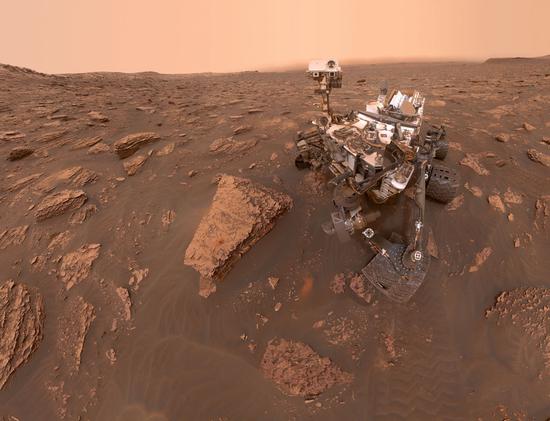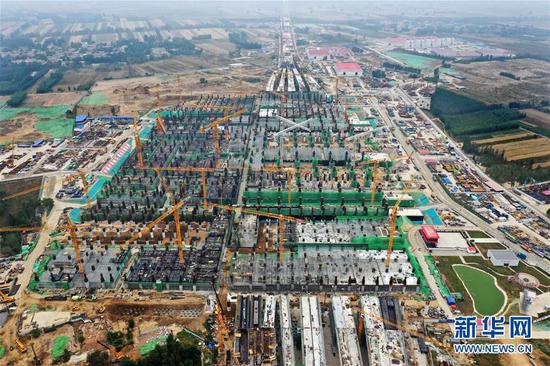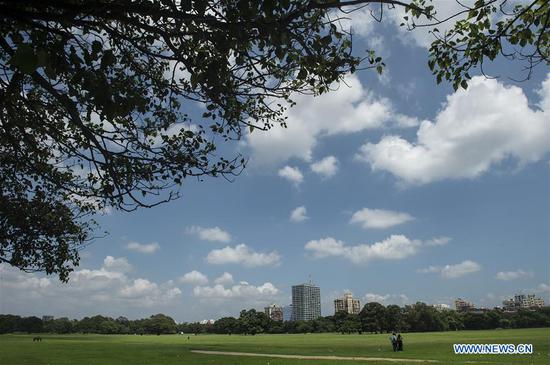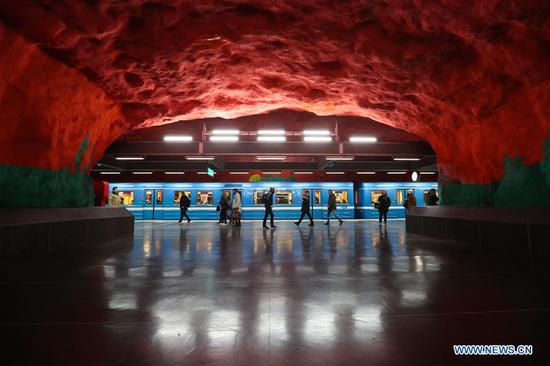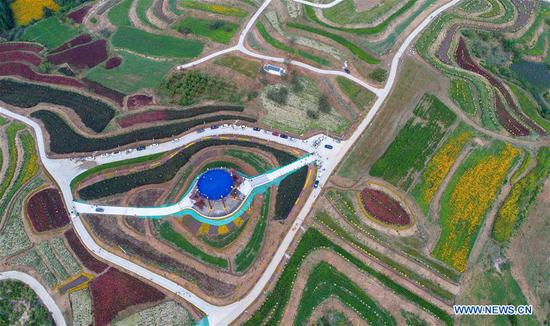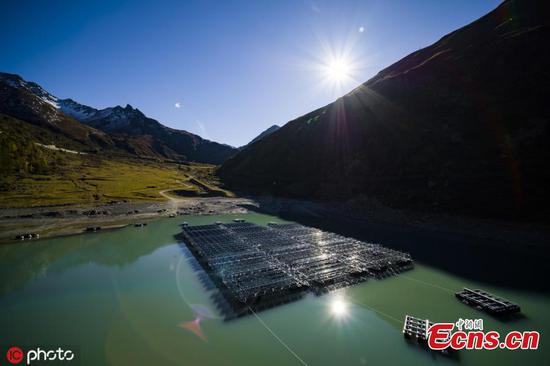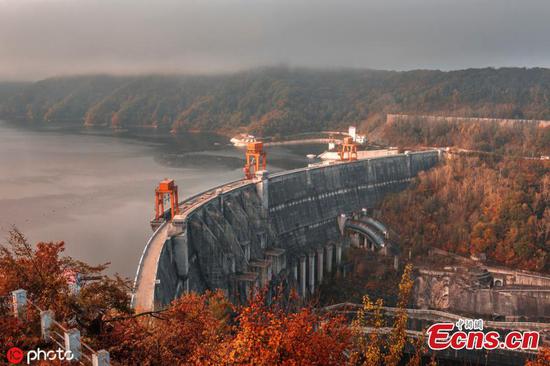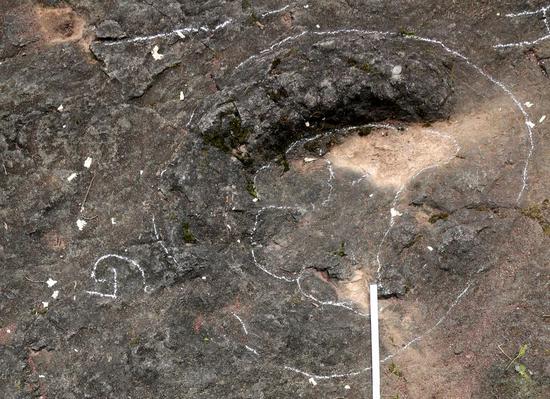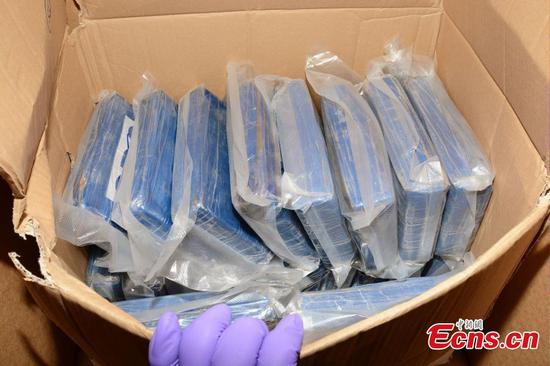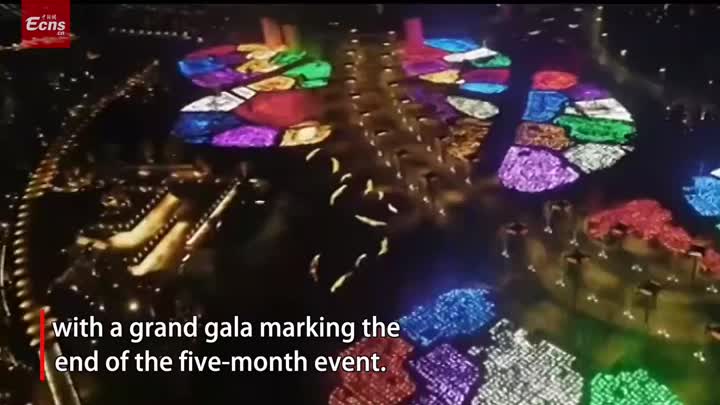A new online tool that uses Google's global mapping data to help gauge and reduce carbon emissions and measure renewable energy potential across cities is now available in Europe.
The tool-called the Environmental Insights Explorer, or EIE,-compiles transport and building data from Google Maps with publicly available information about emissions.
In a blog post, Google Earth director, Rebecca Moore, said the tool will help garner "new insights, deeper research, and more effective climate action".
Designed in collaboration with the Global Covenant of Mayors for Climate and Energy, also known as GCoM, EIE analyzes global mapping data to help build policies, guide solutions and measure progress.
EIE will be available for the first time in Europe, starting with Dublin, Birmingham, and Manchester, with Wolverhampton and Coventry to follow soon.
"We're also making available new hyperlocal, street-level air quality data, starting in Copenhagen," said Moore. "This is part of a new section called EIE Labs, which will pilot climate-focused datasets as a critical indicator for prioritizing and tracking climate action."
Copenhagen will utilize data from Project Air View and Google Street View vehicles fitted with scientific instruments to measure air quality at street level. These insights, city leaders and Google believe, will help pick out hotspots and use those to plan more environmentally friendly cities in the future.
"The preliminary map shows the block-by-block concentration of black carbon and ultrafine particle pollution, which Copenhagen is already using to work with architects and designers to rethink the city for the future," said Moore.
Dublin has been testing the tool, and is using EIE insights to inform smart transit programs with the goal of reducing emissions and increasing the use of cleaner modes of travel.
The chief executive of Dublin City Council, Owen Keegan, said that the tool has the potential to increase awareness about climate change.
Keegan said: "Now we can bring EIE data analytics to conversations about transportation greenhouse gas emissions and show people the impact of supporting such programs to help start reducing emissions for our entire city which can help inform the debate."
While EIE is available in selected cities for now, Google is working on expanding it to other cities as well to help "create a healthier, cleaner future for their citizens and for the planet".
GCoM Executive Director Amanda Eichel said: "We believe EIE can serve as a critical first step for city sustainability teams to better assess their current situation and more efficiently track and monitor their progress in meeting their climate protection goals."










